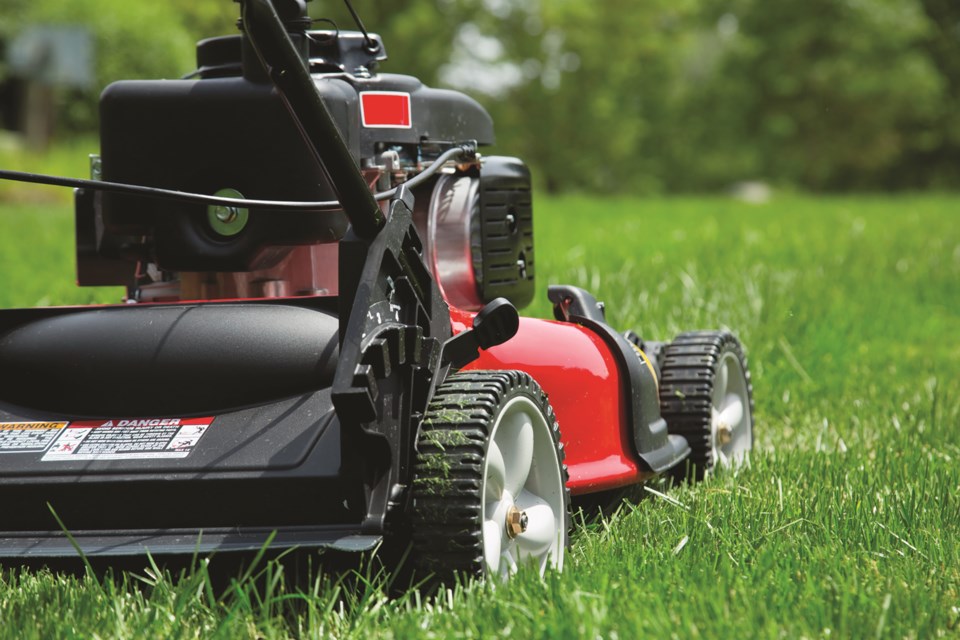Spring weather is officially upon us, meaning many Airdronians are out mowing their lawns or working in their gardens.
However, the Nature Conservancy of Canada (NCC) is urging residents to embrace their laziness and an unkempt yard this spring, and hold off on moving their lawns throughout the month of May, in order to protect pollinating species.
“The reason we’re saying this is because particularly in the spring, native pollinators and migratory birds need the nature that our urban centres provide,” said Carys Richards, the communications manager for NCC's Alberta office.
“There’s approximately 6.2 million lawns across the country and if dozens and dozens of backyards are doing the small things to improve native habitat, it can have a really big impact on the quality of our nature in our urban ecosystems.”
By letting your grass grow taller and allowing small plants like dandelions and clovers to grow, Richards said you can give pollinators, such as bees and butterflies, a better chance at survival. These pollinating species have seen a sharp decline in population in recent years due to habitat loss and pesticide use, she added.
While No Mow May has been going on for a number of years, Richards said the campaign has recently picked up steam along with increased awareness of conservation efforts.
“I think it is particularly pertinent this spring, because in the midst of this pandemic, Canadians have been spending a lot of time around their own homes,” she said. “Often, our yards, our little gardens, have turned into a bit of a natural refuge for our physical and mental health – a place that we can routinely go to escape the stress of this pandemic.”
“Canadians are really reconnecting to nature and we don’t have anything more accessible than the green spaces within our own communities,” she added.
But it’s not just bees and butterflies that rely on our green spaces for their survival. According to Richards, other pollinating species such as moths, flies, ants, and hummingbirds all play an important role in urban ecosystems.
“People should care about this, because a lot of the food we buy, the fruits and the vegetables and the stuff we grow in our own gardens really depend on pollination by wild insects,” Richards said. “So, if you give pollinators a chance to thrive in your yard, and you have a little bit of a garden, be it flowers, fruits, or vegetables, I think everyone is going to benefit.”
Richards said that if you can’t wait the whole month of May to mow your lawn, there are other ways to help preserve pollinating species in your yard, including slow-mowing, which allows insects to get out of the way as you mow your lawn; or rotational mowing, which means mowing a little piece at a time. She said this provides pollinators a chance to recover from the disruption to their habitat.
She said Airdonians might also consider adding native species to their garden, as these plants will be hardier and have more nutritional value for native pollinators.
“Oftentimes, the ornamental flowers that we plant in our yards don’t have a lot of nutritional value, so even though they look pretty good to our eye, they don’t actually provide a lot of sustenance for pollinators,” Richards said. “There’s a lot of really beautiful native flowers [that] have evolved in these climates so they’re going to weather the elements a lot better.”
She added that with everybody spending more time at home these days, gardening can also be a great opportunity for people to learn more about the native species in their own communities, to teach children about nature and to become more connected with the species they share their green spaces with.
Carmen Cundy, AirdrieToday.com
Follow me on Twitter @carmenrcundy



